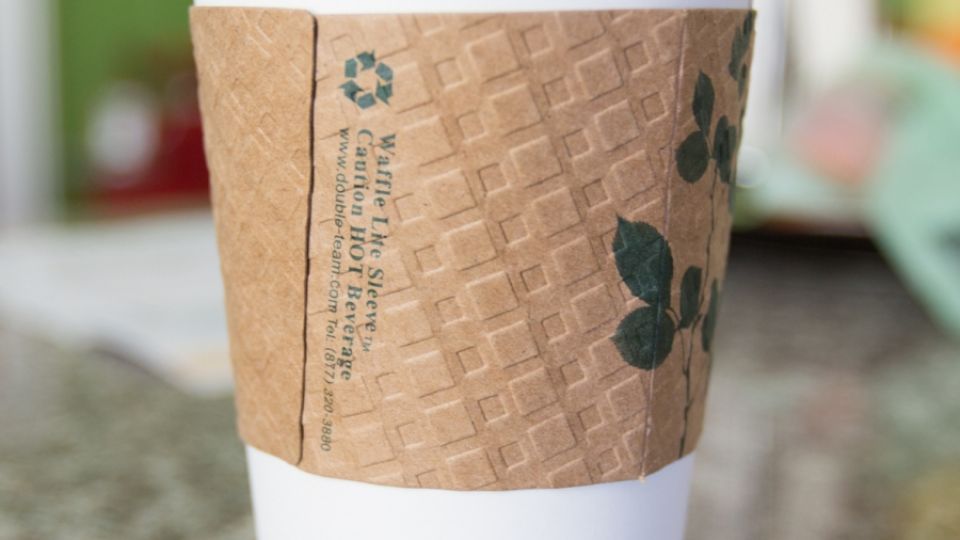The German Federal Institute for Risk Assessment (BfR) announced the release of a position statement on the use of food contact materials made from melamine-formaldehyde resin (MFH). These resins are recently more often combined with bamboo fibres as a filler and made into re-usable to-go coffee cups and tableware for food contact. “From a health perspective, these products are not suitable in all cases for use as tableware,” said BfR-president professor Andreas Hensel.
The reason is that at higher temperatures, hazardous melamine and formaldehyde can migrate from the material into food. This was shown by the BfR’s own studies as well as by other state agencies. It was also seen that “in many cases, more harmful formaldehyde and melamine are released from ‘bamboo goods’ than from ‘conventional’ melamine resin cups.” On average, the data showed up to 30% more release harmful formaldehyde and melamine .
The experimental data reviewed by the BfR included formaldehyde release experiments from 366 cups and bowls as well as the release of melamine from 291 articles. When comparing to tolerable daily intake limits (TDIs) set by the European Food Safety Authority (EFSA) and internally by the BfR, the institute found that in some cases these health guidelines were exceeded for formaldehyde by up to 30 times in adults and by up to 120 times in children. For melamine releases, adults were found to not be at risk. However, toddlers who often eat hot food from MFH tableware were found to potentially absorb up to three times the set TDI for melamine. The BfR concluded that an increased health risk is possible for consumers that regularly fill hot liquid foods into tableware made from MFH. For ‘bamboo ware’, an increased health risk was found to be probable from long-term daily use of such tableware with high formaldehyde release.
Repeated testing on the same MFH article also showed an increased release of melamine. The BfR reports that this indicates the material is degraded by contact with hot liquids and concludes that “MFH is therefore generally not suitable for repeated use in contact with hot liquid foods, as is the case, for example, with reusable coffee-to-go cups.” It recommends consumers “not to eat or drink hot food or beverages from MFH tableware,” which is consistent with its earlier opinion from 2011. It further reminds consumers that MFH tableware should not be used in the microwave, and it recommends that the European Plastics Regulation (No. 10/2011) lowers the specific migration limit of formaldehyde from currently 15 mg/kg to 6 mg/kg.
“This shows that not all alternative materials are risk-free. We need stricter regulation of chemicals in materials that come in contact with food. This is necessary for all materials, not just plastic. This is a task for the new European Commissioner for the Environment. Each new material should first be assessed for health risks and only those which don't release harmful substances should be permitted. Dangerous substances can often be found also in glues, fillers and printer colours. Unfortunately, a vast majority of them aren't currently regulated at all," adds Karolína Brabcová, an expert on toxic substances from Arnika.







